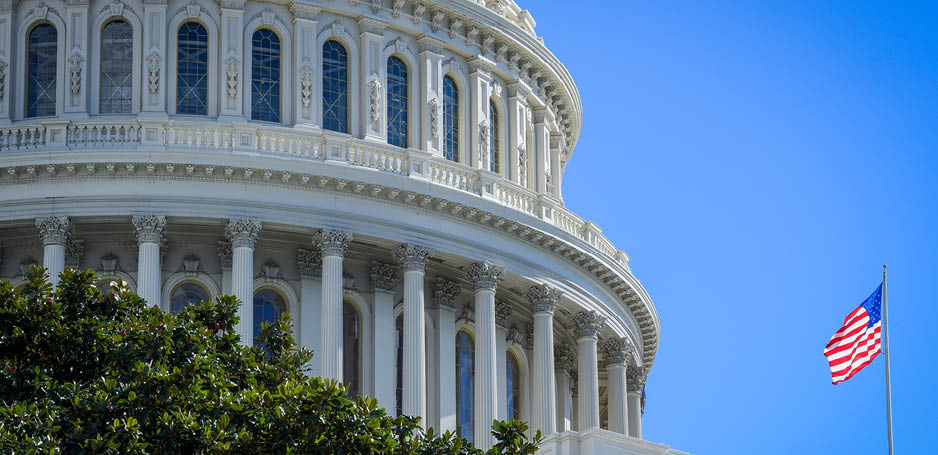President Biden signed the Inflation Reduction Act into law on August 16, 2022. The bill contains provisions intended to fight climate change, reduce health care costs and lower the federal deficit, mostly paid for by increased corporate taxes. Below, we take a look at these “pay-fors” and explain how the changes will impact business and individual taxpayers.
New corporate taxes
The bill’s biggest tax component is the creation of a new 15 percent minimum tax on corporations with income greater than $1 billion. There are some exceptions for private equity funds (and their smaller subsidiaries), as well as certain manufacturers taking advantage of accelerated depreciation. The Joint Committee on Taxation predicts it would only affect around 150 large corporations because of the $1 billion income threshold. The corporate minimum tax would take effect for tax years starting after December 31, 2022.
The bill also applies a 1 percent excise tax on the value of corporate stock buybacks, also set to go into effect on January 1, 2023.
Increased IRS enforcement
The Inflation Reduction Act will send $80 billion of funding to the IRS, with $45.6 billion earmarked specifically for enforcement. The expanded enforcement is anticipated to generate around $200 billion of revenue that will contribute to budget deficit reduction over the next 10 years.
Individual tax impact
While the Inflation Reduction Act does not contain the direct tax increases proposed in the unsuccessful Build Back Better Act, it will have economic impacts on individual taxpayers. By way of a last-minute amendment added on the Senate floor, the Inflation Reduction Act includes a two-year extension of excess business loss limitation rules. This provision disallows excess business losses for non-corporate taxpayers for taxable years starting in 2021 through 2028 (it was previously set to expire on December 31, 2025).
The Inflation Reduction Act also extends Affordable Care Act premium tax credits, which were originally set to expire in 2022, for three more years. Now through 2025, taxpayers with household incomes exceeding 400 percent of federal property level will qualify for premium tax credits, and a higher level of premium tax credit will be available.
It is also worth noting that the Inflation Reduction Act does not address the $10,000 cap on the state and local income tax deduction, which primarily affects individuals living in high-tax states such as New York and California.
The RKL tax team will continue to monitor the impact of the Inflation Reduction Act and any other legislation that affects taxpayers – follow us on LinkedIn and subscribe to our e-news for the latest. Contact your RKL advisor with any specific questions, or use the form below to reach out.




